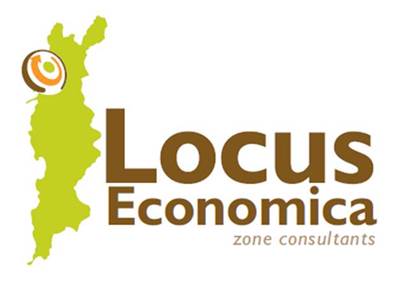Costa Rica
Costa Rica has a very successful free zones program that has enabled the country to diversify its economy, begin exporting higher value-added goods, and spur economic growth. Costa Rica established its first free zones in the 1980s, with an initial focus on textile manufacturing. In 1996, Intel, the American microprocessor company, decided to establish a manufacturing facility in Costa Rica, in part because of its free zones regime.
Over the course of the next decade, electronics manufacturing, dominated by Intel, grew to make up a quarter of the country’s exports and one percent of its GDP. While Intel transferred its Costa Rica manufacturing operations to Malaysia in 2014, its legacy helped Costa Rica move up the global manufacturing value chain. Today, electronics and medical equipment make up a large share of Costa Rica’s exports, and 47% of the country’s goods exports and 64% of its services exports (excluding tourism) originate in its free zones. The 467 companies in the zones employ 125,000 Costa Ricans, making up 9.2% of private sector employment.
Locus Economica Founder and CEO Jean-Paul Gauthier has worked with Costa Rica’s free zones program, evaluating its legal framework for WTO compatibility in 2007 on behalf of the World Bank. Recommendations he made contributed to a significant reform of the free zones program in 2010.

In 2007, Locus Economica Founder and CEO Jean-Paul Gauthier evaluated Costa Rica’s free zones’ legal framework’s WTO compatibility on behalf of the World Bank’s Foreign Investment Advisory Service (FIAS), resulting in…